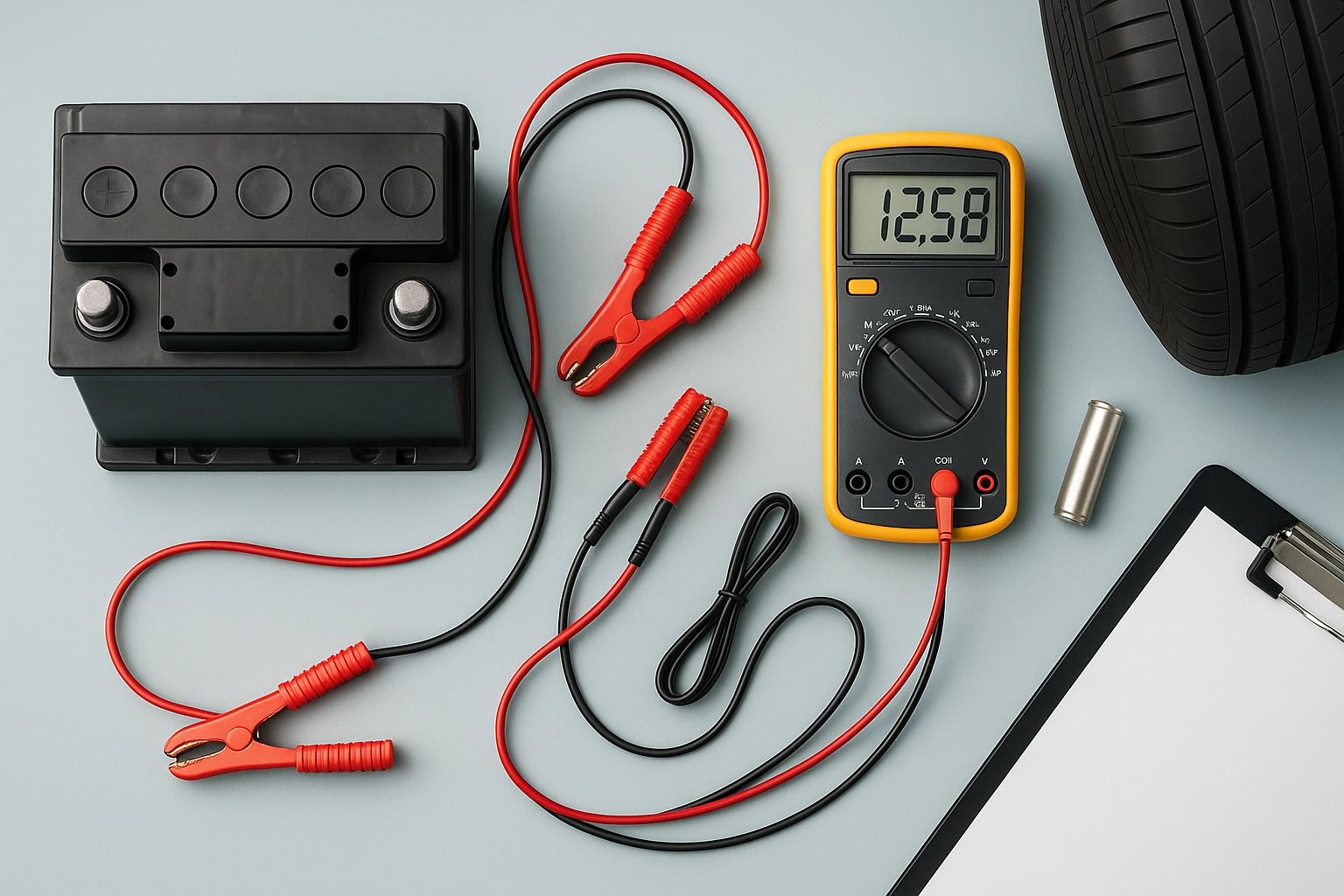SAE J3411 EV Battery Fire Resistance Test
The SAE J3411 standard specifies the procedure for evaluating the fire resistance of electric vehicle (EV) batteries. This test is crucial in ensuring that EV battery packs meet safety requirements, particularly in preventing fires during thermal runaway events.
Thermal runaway can occur when an overcharged or damaged cell within a battery pack generates excessive heat, leading to a rapid increase in temperature and potential ignition of the surrounding cells. The SAE J3411 test aims to simulate these conditions by subjecting the battery to controlled heating until it reaches its maximum temperature limit.
The testing process involves placing the battery within a specially designed chamber where it is exposed to an external heat source. The temperature and duration of exposure are critical parameters that determine whether the battery will ignite or not. Once ignited, the test continues for a specified period, after which the fire is extinguished, and the battery undergoes post-test inspection.
The primary objective of this test is to assess the battery's ability to withstand extreme thermal conditions without catching fire. This ensures that EVs can be used safely in various environmental conditions, including hot climates or during high-intensity driving scenarios.
For accurate and reliable results, it is essential to follow the SAE J3411 procedure meticulously. Specimen preparation involves ensuring that the battery pack is assembled correctly and that all internal connections are secure. The external heat source should be calibrated precisely to deliver a consistent temperature gradient across the test sample.
After conducting the test, detailed reporting is required, including observations of any flame propagation, duration of ignition, and post-test conditions such as structural integrity of the battery casing and contents. These reports are critical for manufacturers to identify areas where improvements can be made in terms of thermal management systems or material selection.
| Standard Number | Title |
|---|---|
| SAE J3411 | Evaluation of Fire Resistance of Electric Vehicle Battery Packs |
Applied Standards
The SAE J3411 EV Battery Fire Resistance Test is aligned with several international standards aimed at enhancing safety and reliability in the automotive sector. These include:
- ISO 6947:2018 - Safety requirements for electric vehicles
- ASTM E543-18: Standard Test Method for Determining Ignition Resistance of Plastics
- IEC 62132-2: Fire safety of electrical equipment in case of fire - Part 2: Testing and classification of battery packs and batteries used in electric vehicles
Industry Applications
The SAE J3411 test is widely applied across the automotive industry to ensure that EV battery systems meet stringent safety standards. This includes:
- Battery manufacturers seeking compliance with regulatory requirements.
- OEMs (original equipment manufacturers) validating the safety of their electric vehicle models.
- R&D teams exploring new battery technologies and materials.
| Application Area | Description |
|---|---|
| Battery Manufacturer Compliance | Ensures that battery packs meet the stringent fire resistance requirements set by regulators. |
| OEM Safety Validation | Verifies that EVs are safe for use in various environmental conditions. |
| R&D Exploration | Facilitates the development of safer and more efficient battery systems. |
Eurolab Advantages
At Eurolab, we offer unparalleled expertise in conducting SAE J3411 EV Battery Fire Resistance Tests. Our services include:
- Comprehensive specimen preparation and calibration of test equipment.
- Accurate reporting that provides detailed insights into the performance of your battery under extreme conditions.
- Access to state-of-the-art facilities that simulate real-world scenarios, ensuring the highest level of accuracy in testing results.





